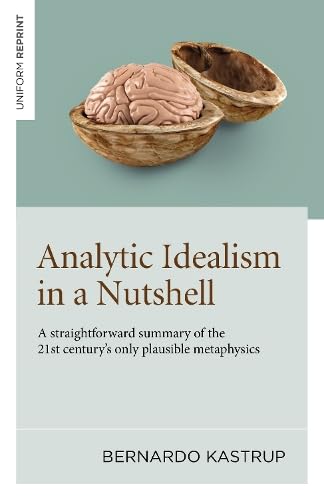What do you think?
Rate this book


176 pages, Paperback
Published November 1, 2024
"...Which is not to say life is meaningless. Whether nature has a plan or not, it is coherent to imagine we may find ourselves having a meaningful, productive role in it. As a matter of fact, I think we can go even further and identify what the role is. In the bloody course of the evolution of life on Earth, the more advanced organisms have developed high-level mental functions. Humans in particular seem to be unique in our ability to think symbolically, conceptually...If the four-billion-year-long evolutionary drama is pushing towards something, it seems to be these high-level mental functions.
Now notice that it is only through these high-level functions that nature can take explicit notice of itself; raise its head above the tsunami of instinctual unfolding and take account of what it is doing; perhaps even of what it is. It is only through life - through dissociation - that nature can 'step out of itself', so to contemplate itself with some degree of objectivity. As Jung put it, this meta-cognitive scrutiny is a second act of creation, for it bathes existence with the light of a new level of awareness
There is a sense, thus, in which we are 'spies for God.' We are in the unique position, after the unfathomable labor of four billion years of evolution, to contemplate nature from a vantage point not otherwise available to nature. Countless conscious beings have lived and died over countless eons, so we could stand here today, musing about the most profound questions of existence. And after a lifetime of insights in this regard, upon death - the end of the dissociation - we contribute those insights to the broader field of cognition that nature is.
It is difficult to imagine that this isn't a meaningful role, whether the arrangement was deliberate or not. The ancients seemed to have intuited this, since they chose to symbolize death as an agent - the grim reaper - wielding a harvesting instrument of all things. Even more remarkably, they also considered sacrificial offerings to God. Why would they think that? Why would the end of a life give God something it wanted or needed? Shortsighted and morally unacceptable as sacrifices are...the idea does seem to reflect a deep, spontaneous intuition about the value of life, and of death as the means for nature to bank or collect on that value.".